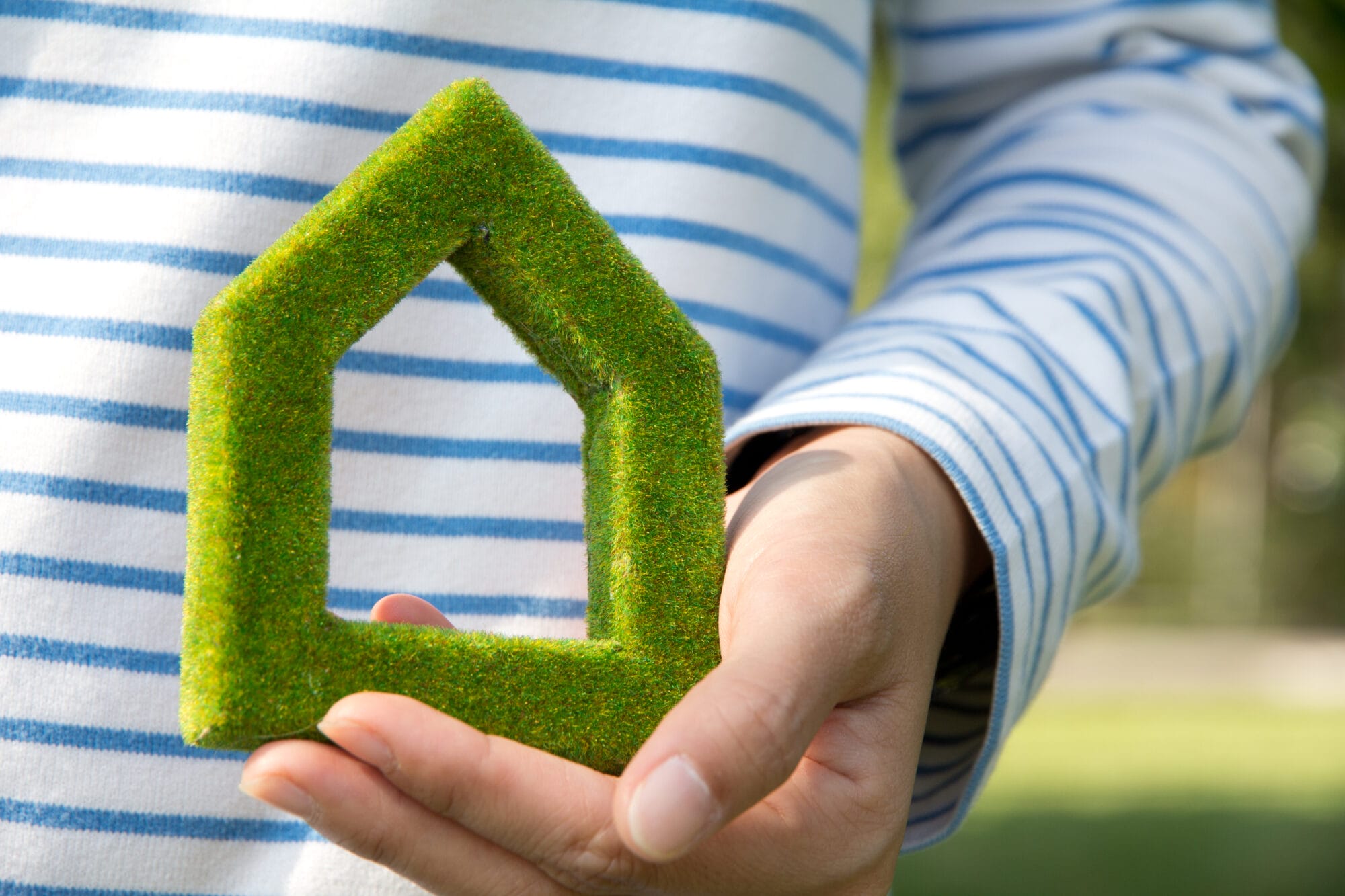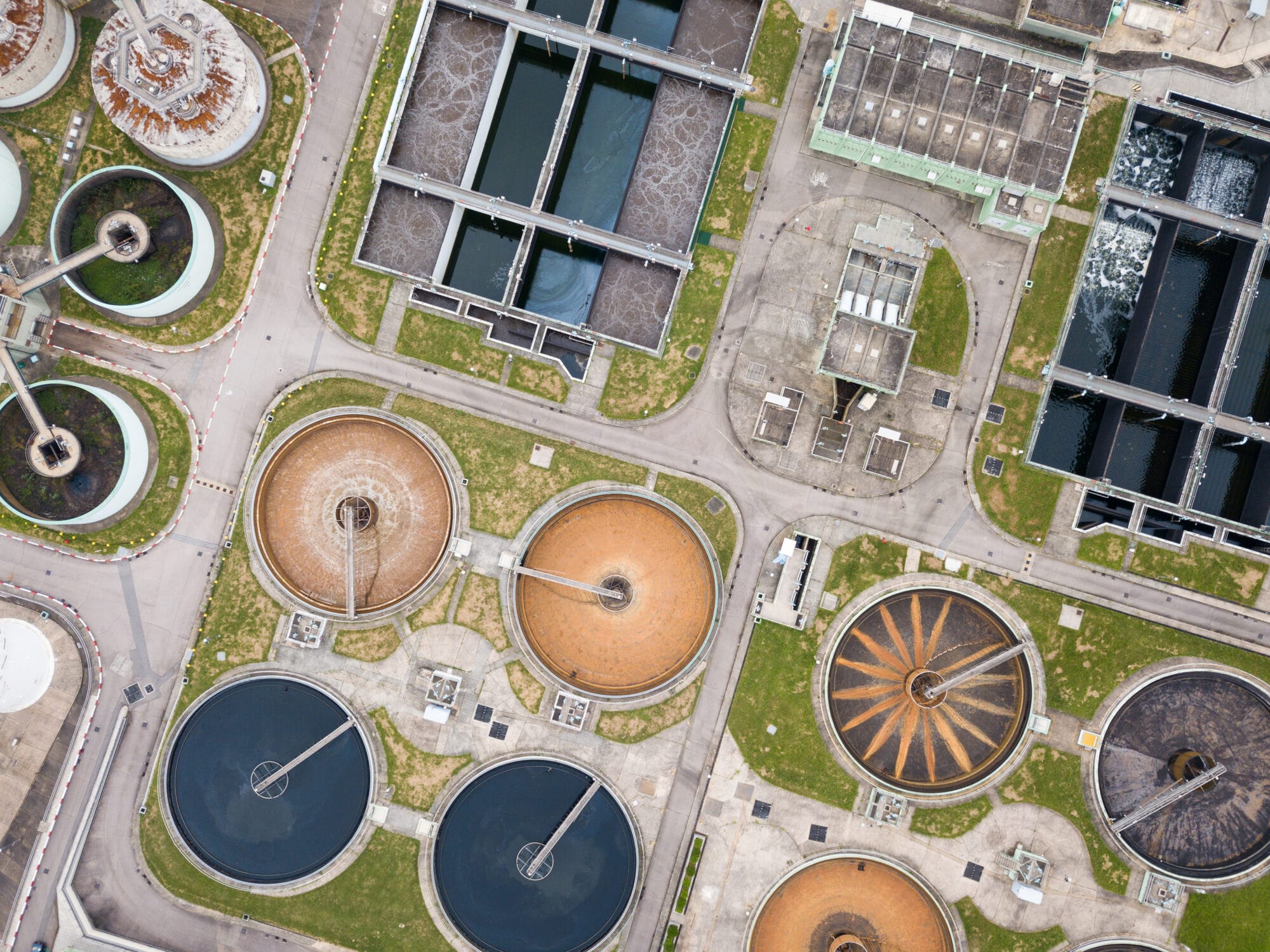In an era where environmental sustainability is more crucial than ever, homeowners across the United States are seeking ways to minimize their carbon footprint and enhance gas efficiency. This guide aims to shed light on eco-friendly gas consumption practices that not only contribute to a healthier planet but also lead to significant savings on energy bills. By embracing these strategies, you can ensure your home is both comfortable and environmentally responsible.
Understanding Gas Efficiency
Gas efficiency involves using natural gas resources in the most effective and environmentally friendly manner possible. Achieving high gas efficiency at home means optimizing your gas consumption to reduce waste and lower emissions, all while maintaining or even improving your living standards.
Why It Matters
- Environmental Impact: Efficient gas usage reduces greenhouse gas emissions, combating climate change.
- Economic Benefits: Lowering gas consumption can significantly cut energy bills.
- Resource Conservation: Efficient use helps preserve natural gas reserves for future generations.
How to Measure Your Gas Efficiency
- Energy Audits: Professional audits can identify where and how you can improve your gas usage.
- Monitoring Consumption: Regularly check your gas bills and usage patterns to identify potential savings.
Tips for Eco-Friendly Gas Consumption
Adopting eco-friendly practices doesn’t require sacrificing comfort or convenience. Here are actionable tips to enhance your home’s gas efficiency.
Optimize Cooking and Water Heating
Focusing on cooking and water heating can lead to significant energy savings.
- Efficient Cooking Appliances: Consider upgrading to more efficient gas stoves or ovens that use less gas and distribute heat more evenly.
- Water Heating: Install tankless water heaters for more efficient water heating, providing hot water on demand without the need to maintain a reservoir of hot water.
Water Heating Efficiency
Improving your water heating system’s efficiency can significantly reduce gas consumption.
- Tankless Water Heaters: These systems heat water directly without the use of a storage tank, reducing standby energy losses.
- Lower the Thermostat on Your Water Heater: Even a small adjustment can reduce gas consumption.
Adopt Sustainable Cooking Habits
Changing how you cook can have a big impact on gas efficiency.
- Cooking with Lids: Always use lids on pots and pans to cook food faster and reduce gas usage.
- Batch Cooking: Cooking multiple meals or portions at once saves energy compared to cooking small, separate meals.
The Role of Technology in Gas Efficiency
Technological advancements play a pivotal role in enhancing gas efficiency. Innovations in cooking and water heating technologies offer new ways to reduce your consumption.
Advanced Cooking Technologies
- Convection Ovens: These ovens use fans to distribute heat more evenly, reducing cooking times and gas usage.
- Induction Cooktops: While not gas-powered, these can be an eco-friendly alternative, using electricity more efficiently for cooking.
Water Heating Innovations
- Smart Water Heaters: Programmable features and smart technology can adjust temperatures based on usage patterns, improving efficiency.
Step Toward Sustainability
Embracing eco-friendly gas consumption practices is a powerful step toward sustainability, offering benefits that extend beyond your household to the global community. By focusing on efficient cooking and water heating strategies, you can significantly enhance your home’s gas efficiency, contribute to environmental preservation, and enjoy the economic advantages of reduced energy expenses. Start your journey toward a more sustainable home today, and join the movement towards a cleaner, greener future.





